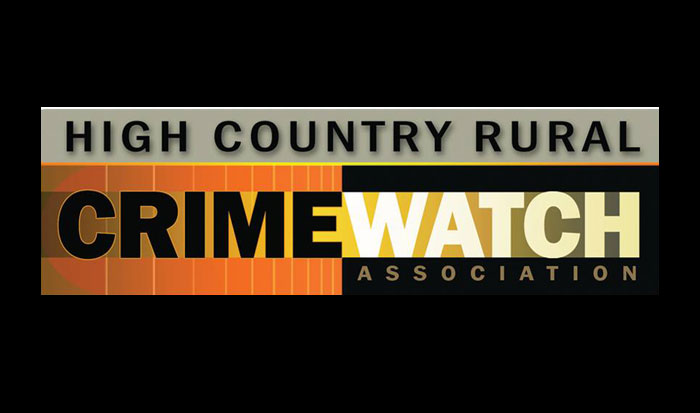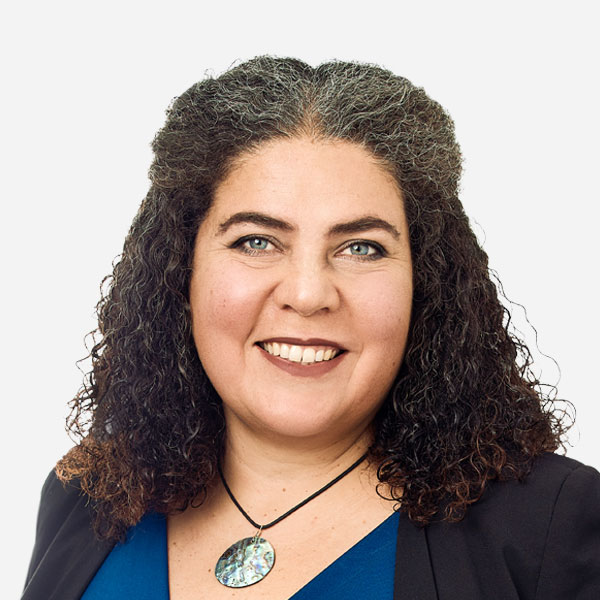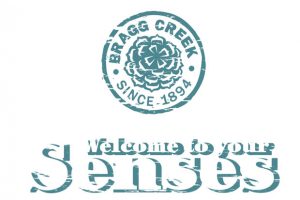Greetings from the HCRCWA in a new year and a new decade.
As part of our fanout messages we have often asked that members report suspicious behaviour to the RCMP. So exactly what would be considered suspicious behaviour. I guess you could always use my mother-in-law ’s rule which is “If I don’t know you, you’re suspicious”. Let’s see if we can provide something a little more practical.
The root word “suspect”, as defined in Webster’s dictionary, is “to believe someone guilty of something to his discredit without conclusive proof; to form a notion of someone not necessarily based on fact”. Again, like the Mother-in-law rule, this is not necessarily that helpful, although it does get closer to defining suspicious behaviour. Suspicion has a nebulous connotation – it will be different things to different people.
Guidance was presented by Kerry Sauvé who gave HCRCWA members the “How not to be a Victim” presentation a couple of years ago. His rule was “Don’t look for a person who fits your personal profile of a suspicious person but look instead for suspicious behaviour”. Georgia police give similar guidance stating that “People aren’t suspicious; behaviour is”.
If someone is obviously and forcibly breaking into a neighbour’s house, most of us would view that as suspicious behaviour. And we would be correct 99% of the time. This is an easy one because it’s clear behaviour that is against the law.
Then we get into little less obvious situations. Situations where we would intuitively consider behaviour suspicious because it is unusual, strange, odd, not within the scope of an ordinary person’s behaviour, and one that, in our personal judgement, we believe has or could have, criminal intent.
Then there is the case where an observer’s feelings are more along the lines of “something didn’t seem quite right”, or their Spidey senses were tingling. I would suggest that is also an acceptable definition. It won’t lead to something all of the time, but it could. If your sense of unease is strong enough, I would recommend reporting it. Let me give you an actual example.
Recently a HCRCWA member called me on the 931-2407 line to report that a man had come to her door around 6:00 pm. It was dark and he seemed polite enough. He said his car was stuck in the snow. However, some of his story didn’t make sense to her and she didn’t have a good feeling about it all. I asked if she had called the police, which she hadn’t so I encouraged her to do that which she then did. She called me back a while later to report that the neighbours had also called the RCMP who promptly responded with 2 cars (Kudos to the RCMP).
Apparently, as relayed to me it turned out to be a person from Calgary who had taken a liking to the area (the foothills are picturesque as we know), and who liked to walk his dog while smoking cannabis. His “unusual” behaviour aroused suspicion among the neighbours enough to call the RCMP. I ran all of these definitions by Staff Sgt. Laura Akitt of the Turner Valley RCMP detachment who agreed with them all. “I’m a firm believer that if something doesn’t feel right, call the RCMP. That’s what we’re here for. We will check it out. We want people to feel safe.”
Given the above, let’s give suspicious behaviour for HCRCWA purposes a few definitions: 1) any obvious criminal activity (e.g. break-in in progress) 2) unusual activity that, in your measured opinion, could be interpreted as having criminal intent, and 3) a softer definition whereby you feel a significant unease that something just isn’t right. In all these circumstances call your local RCMP.
I will close with another little vignette from the book “March of the Mounties” by Sir Cecil Denny. I’ve heard numerous theories over the years about how Calgary got its name. Here is Denny’s telling of how it actually came about: “On my arrival the question of a name for the Bow River Fort came up. After many had been discussed, Colonel MacLeod mentioned an old castle in the Isle of Mull that once belonged to the MacLeod clan. It was called Calgary, which he stated meant in Gallic, ‘Clear Running Water.’ This so appropriately fitted the waters of the Bow and Elbow Rivers that it was immediately adopted by us all. That night it came out in orders that in the future the fort should be known as Fort Calgary.”
Dave Schroeder
HCRCWA Board Member























